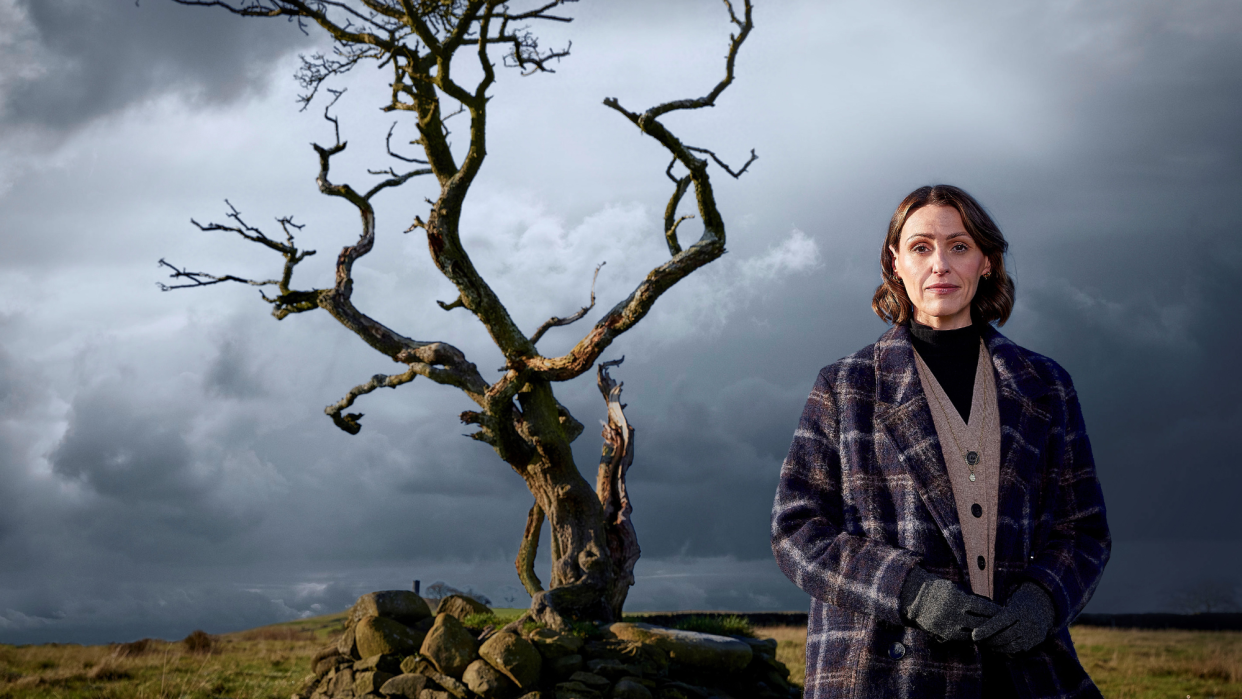Suranne Jones: Investigating Witch Trials – an 'engaging' documentary

Suranne Jones thinks it's about time the term "witch trials" got a "rebrand". Given that the bulk of people executed were of course women, not witches, she argues their plight should be renamed.
"She's right but I can't see it happening," said Carol Midgley in The Times. "'Women trials' doesn't have quite the same touristy ring."
Channel 4's two-part documentary, "Suranne Jones: Investigating Witch Trials", sees the actor examine how women throughout history have been labelled as witches and the shocking abuse they have faced as a result.
Growing up near Pendle in Lancashire – the site of the notorious witch trials of 1612 – Jones has always been fascinated by witches. She explores the "horrific culmination of a chain of events" that led to the hanging of 10 innocent people (eight of them women), before delving into the historical context. A witchcraft-obsessed, paranoid James I had become king of England and helping to hunt down witches became a way to secure his favour.
The "awfulness" of the women's persecution is "well conveyed", said Anita Singh in The Telegraph, and Jones is an "engaging" presenter. It's refreshing to see a celebrity with an authentic interest in the topic, rather than someone "going through the motions".
Any preconceived ideas you might have had about the show probably didn't include Jones and singer Natasha Khan, who performs as Bat for Lashes, "communicating with one another in wolf howls" as they react against the years of silencing women have faced and try to get in touch with their witchy side.
"It got a bit woo-woo when Khan produced her own tarot-type cards", said Midgley in The Times, but Jones looked like she was having fun, and her visit to Pendle Hill to take part in a healing night ceremony that honoured the executed "witches" was rather "touching".
Jones is a compelling host, said Lucy Mangan in The Guardian, adding moments of "humour and personal touches" throughout the programme. The audience has to "sit through some guff" from "modern practitioners" of witchcraft but thankfully it's "kept to a minimum".
The documentary "doesn't get everything right". Namely, it seems to "float the notion" that because some women today are choosing to embrace the "witch" label, misogyny must be tapering off. "But it is a programme that makes you think. Smash some furniture, and think."
